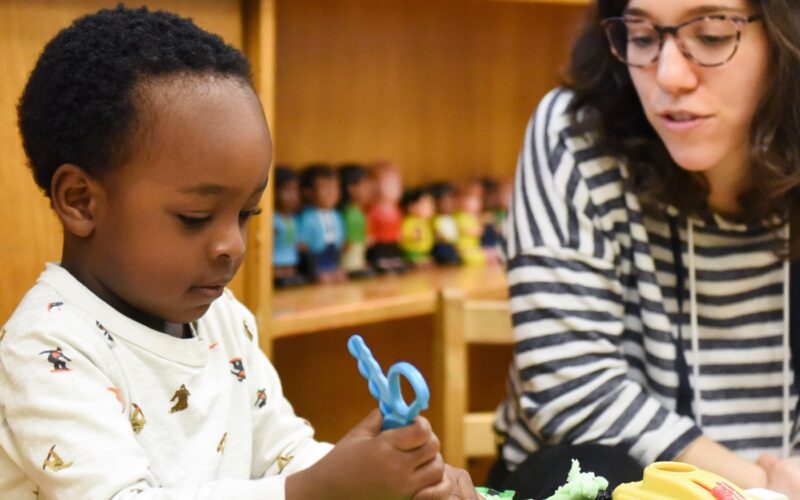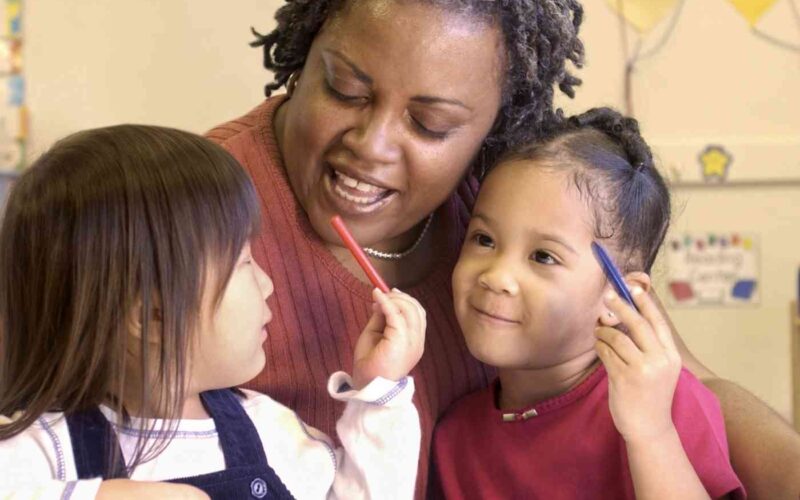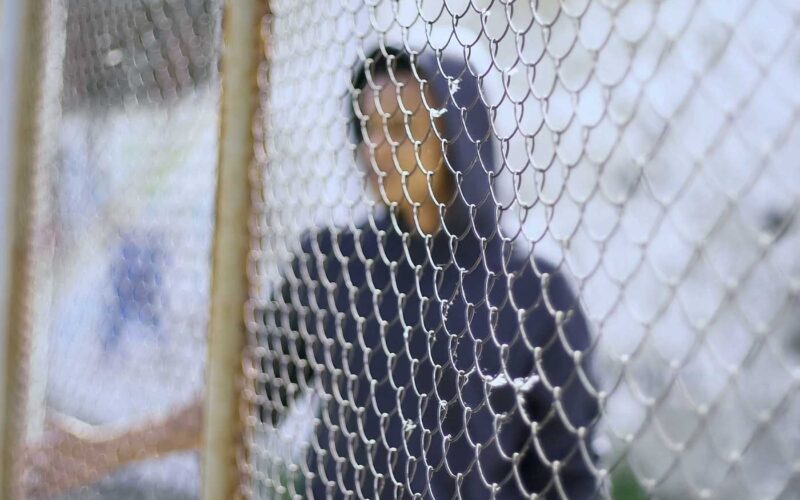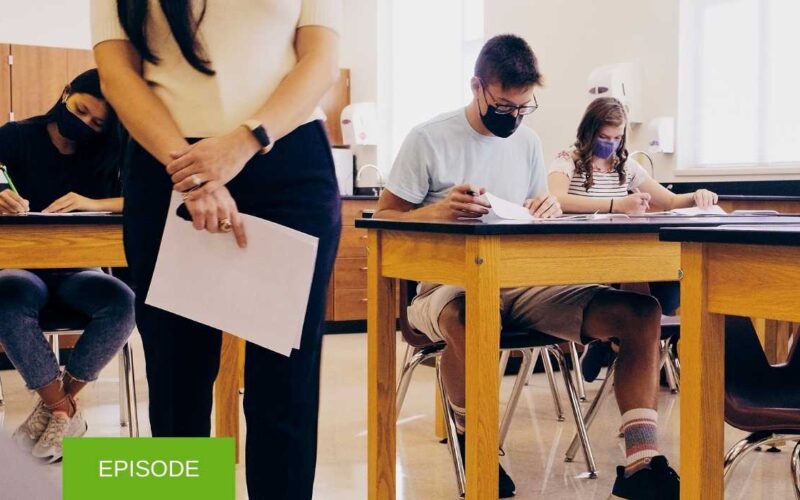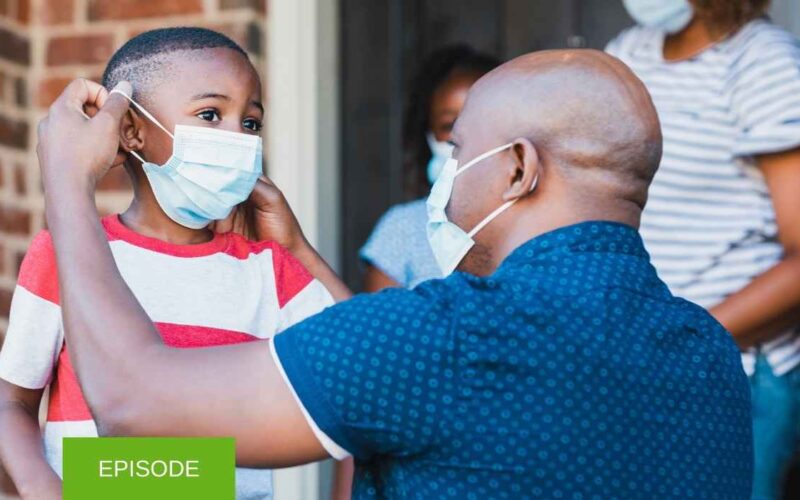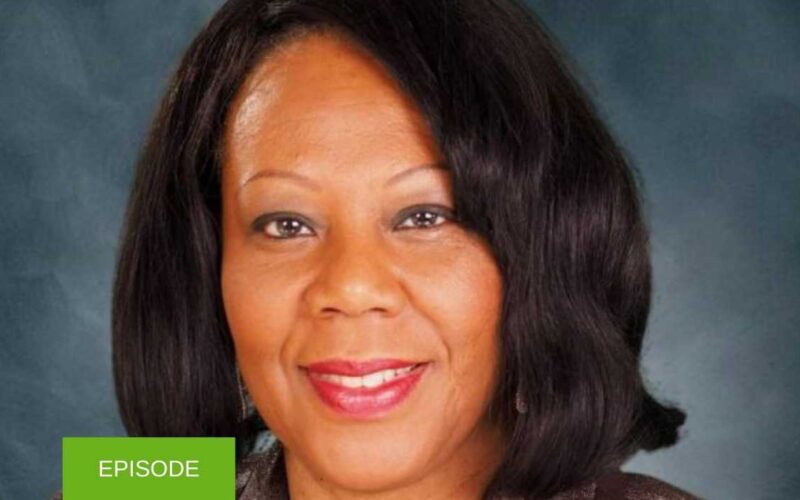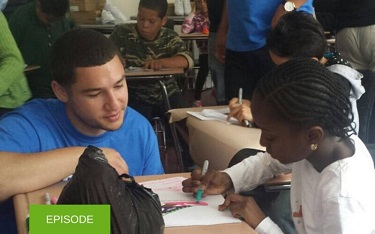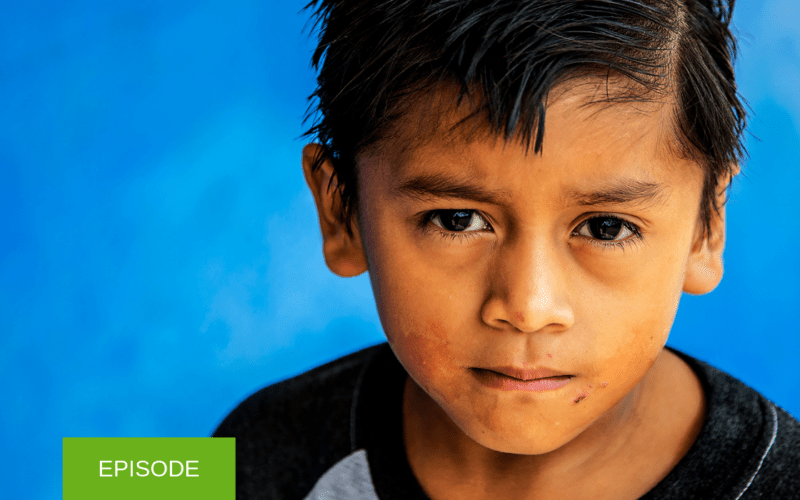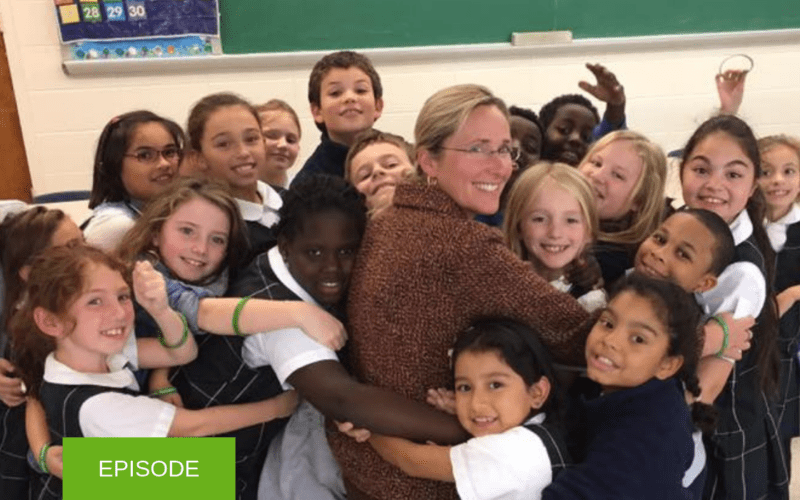Resilience: Preparing Children to Weather Traumatic Events
We speak with Dr. Tovah P. Klein, professor of psychology at Barnard College and the director of the Center for Toddler Development, about her book, “Raising Resilience: How to Help Our Children Thrive in Times of Uncertainty.” Dr. Klein describes how parents and teachers should build children’s resilience BEFORE anything frightening or traumatic occurs. Most importantly, children and teens need to know they will never be alone, that their parents or trusted adults will always be there for them.
Read More
